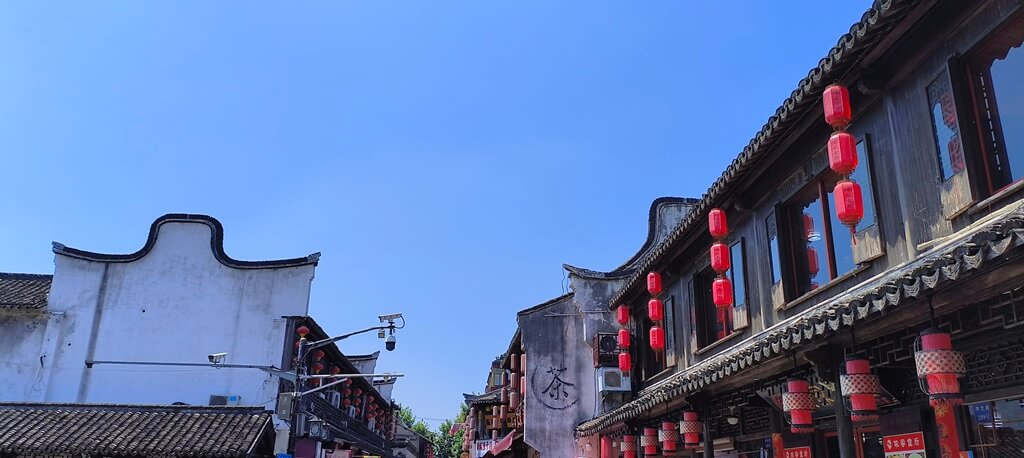A New Era for Marriage in China: The Rise of Hukou-Free Registration
The traditional Chinese marriage landscape is undergoing a significant shift, with theemergence of Hukou-free registration gaining traction among young couples. This new approach, which allows couples to register their marriage without providing their Hukou (household registration) documents, is a testament to the evolving social dynamics and the increasing desire for greater flexibility in a rapidly changing society.
The Hukou System: ALegacy of Control
The Hukou system, established in the 1950s, has long been a cornerstone of China’s social control, dictating access to education, healthcare, and employment based on one’s registeredresidence. This system has often been criticized for its rigidity and its contribution to social inequalities. For couples, the Hukou system has presented a significant hurdle, as it often required both partners to have the same Hukou to register their marriage.This requirement has often led to difficulties for couples from different regions or with differing Hukou statuses, ultimately hindering their ability to formalize their relationship.
The Rise of Hukou-Free Registration
The recent emergence of Hukou-free registration signifies a significant departure from the traditional approach.This new policy allows couples to register their marriage without providing their Hukou documents, offering a more flexible and accessible option for those who may not meet the traditional requirements. This change reflects a growing recognition of the limitations of the Hukou system and the need for greater flexibility in a rapidly changing society.
Motivations andImplications
The increasing popularity of Hukou-free registration can be attributed to several factors. The rising generation of young adults, often more mobile and less tied to traditional social structures, are seeking greater freedom and autonomy in their personal lives. The Hukou system, with its rigid restrictions, has often been seen as abarrier to this pursuit.
Furthermore, the economic landscape of China is undergoing a rapid transformation, with increasing urbanization and migration. This has led to a growing number of couples who do not share the same Hukou, making the traditional registration process a significant obstacle. Hukou-free registration provides a solutionto this problem, allowing couples to formalize their relationship without being hindered by their Hukou status.
The implications of this shift are far-reaching. It signifies a move towards a more inclusive and equitable society, where couples are no longer restricted by outdated bureaucratic hurdles. This change also reflects a growing recognition of the importanceof individual choice and autonomy in matters of personal life.
Challenges and Future Outlook
While the Hukou-free registration system presents a positive step forward, it is important to acknowledge the challenges that remain. The Hukou system still plays a significant role in various aspects of life, and its complete abolitionremains a complex issue. The Hukou-free registration system is a step in the right direction, but it is only one aspect of a larger reform process.
The future of marriage registration in China is likely to be shaped by a continued evolution of the Hukou system and a greater emphasis on individual rights andfreedoms. The emergence of Hukou-free registration is a testament to the dynamism of Chinese society and its willingness to adapt to changing social realities. It is a sign that the traditional barriers to marriage are being dismantled, paving the way for a more inclusive and equitable future.
References
- China’s Hukou System: A Legacy of Control, The Guardian, [Date].
- China’s Hukou System: A Barrier to Social Mobility, The Diplomat, [Date].
- Hukou-Free Registration: A New Era for Marriage in China, China Daily, [Date].
Views: 0
